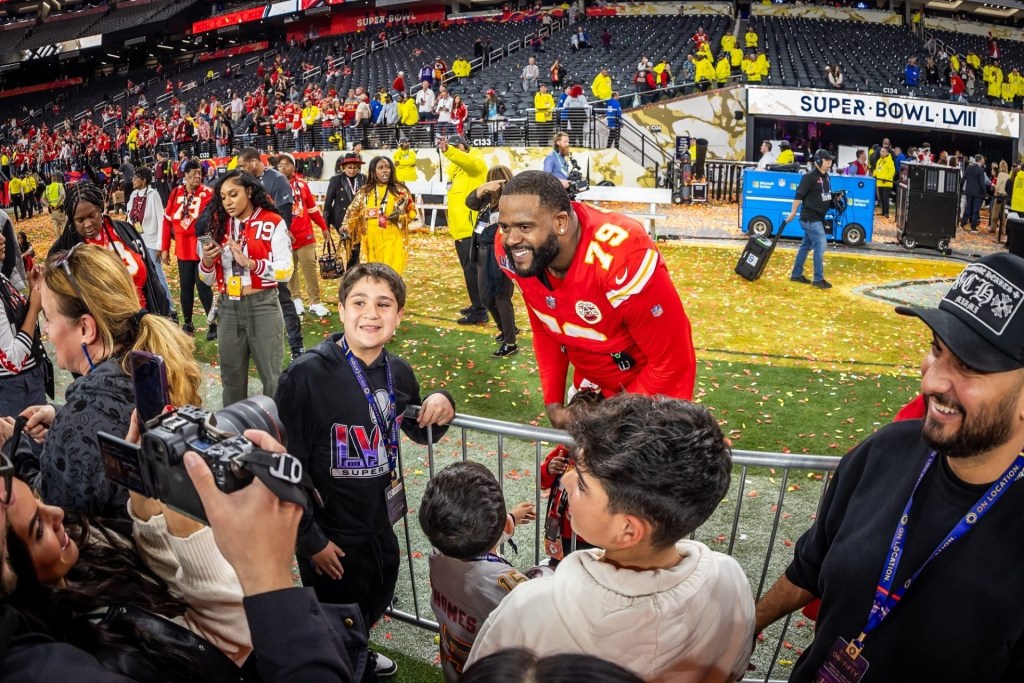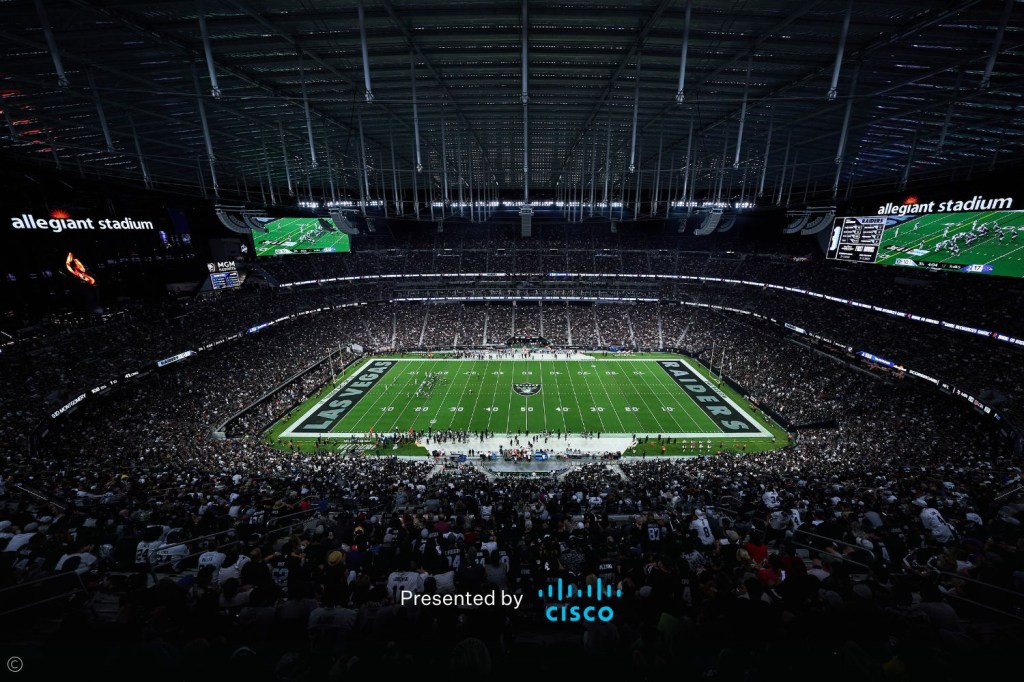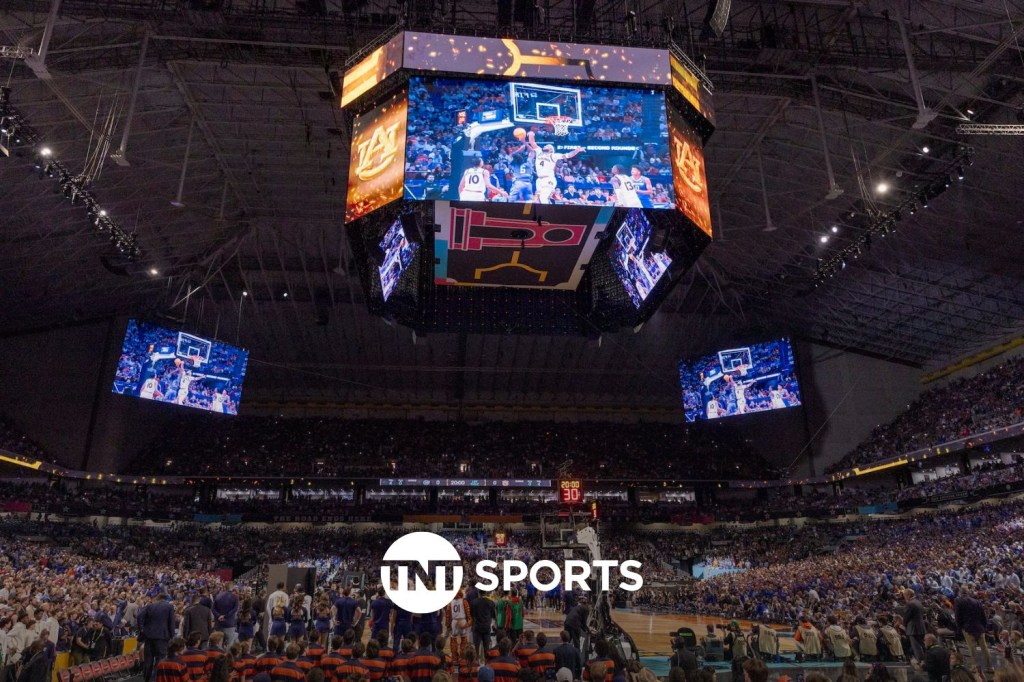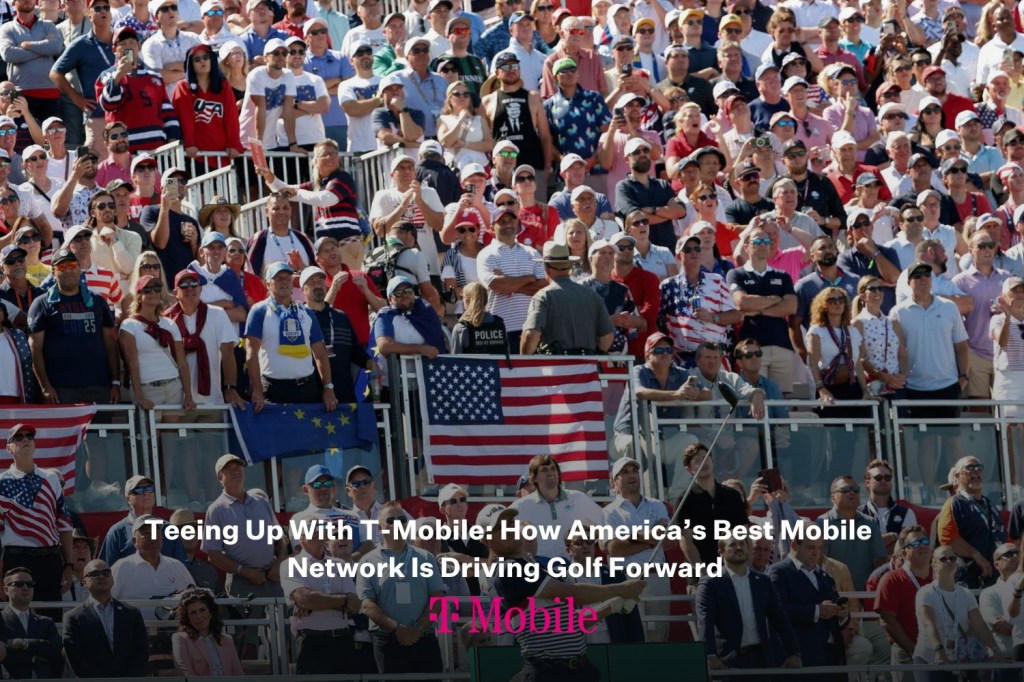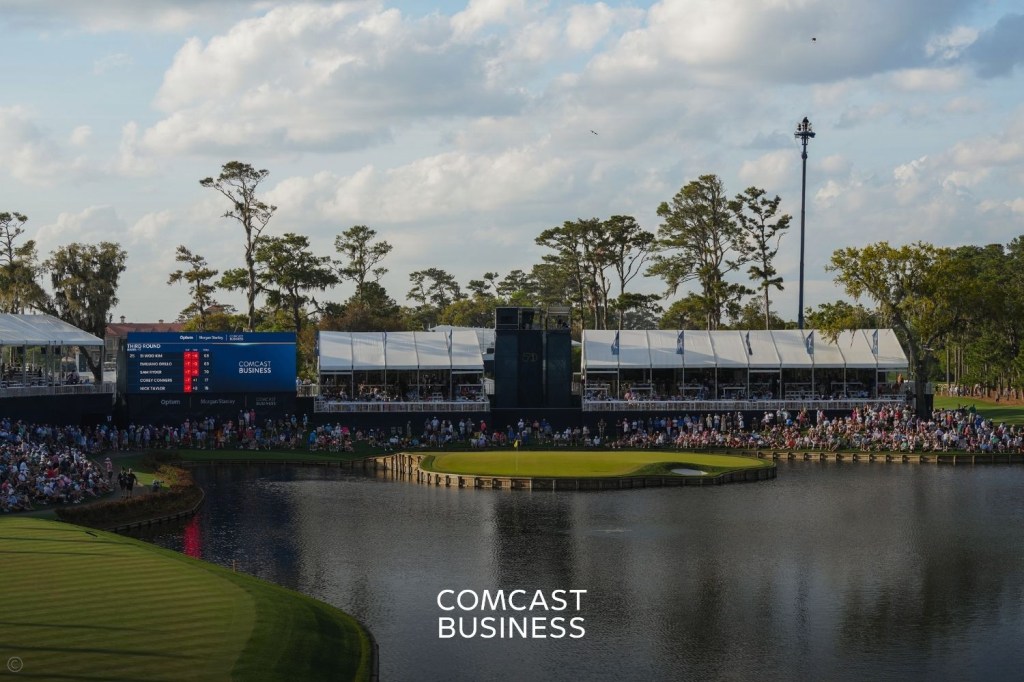Sports will come back – on television first. But when stadiums are given approval to have fans back in the stands, operators will face obstacles to make sure that everyone is safe.
One of the nation’s leading experts in the coronavirus response, Dr. Anthony Fauci, commented on the return of sports with Snapchat’s Peter Hamby, suggesting Major League Baseball could be back by July 4 with no fans in the stands.
“There’s a way of doing that,” Fauci said. “Nobody comes to the stadium. Put [the players] in big hotels, wherever you want to play, keep them very well surveilled. … Have them tested every single week and make sure they don’t wind up infecting each other or their family and just let them play the season out.”
How leagues and venues determine the best plan of action to welcome fans back is reliant on a variety of factors, said Brian Labus, a public health expert at UNLV.
The only professional sport that has officially announced a return date is the PGA Tour, which plans to play 14 more events this season starting with the Charles Schwab Invitational from June 11 to 14.
On April 20, ESPN analyst Taylor Twellman said that the Bundesliga, Germany’s premier soccer league, has been given the green light to restart on May 9 – without fans. “The health department needs to agree, and the league has to present them their plan, but as of now things are looking up and up for May 9th return of German [soccer],” he added.
Otherwise, all of the other leagues have remained silent on when they will continue to play.
“We don’t know how this plays out, and while we have guesses, saying when things are safe to when they return, that’s going to take some time,” Labus said. “These decisions become more political and economical than public health a lot of the time. We may decide it’s acceptable to spread some disease for the economic benefits of different businesses.”
Like many others, Chris Bloyer, the Washington Redskins’ senior vice president of operations and guest experience, likens life during the coronavirus pandemic – and the unknown surrounding its future impact – to another national catastrophe that occurred nearly 19 years prior.
“The way that people moved and accessed venues, airports, things like that changed dramatically after 9/11,” Bloyer said. “I expect the same kinds of things to occur after we get through this. There will be a heightened sense for safety and health that in order for us to compete and make people feel comfortable coming to a stadium, we need to really be ahead of the curve and doing more than just the bare minimum.”
According to Bloyer, it would take them 30 days to have a project schedule laid and prepared in order to restart operations. As of right now, he and the organization are planning under the assumption that the Center for Disease Control has lifted any government restrictions on social distancing and other COVID 19-related mandates.
READ MORE: NBA Aims to Lead Leagues With Unified Response To Coronavirus
Already, the Redskins have started taking small steps in ensuring the safety of those in and around FedEx Field. Since March 29, the Redskins’ home venue has been converted to a coronavirus testing site.
The team is currently taking the temperature of any essential contractors or employees who are visiting the stadium. While it is too early for Bloyer to determine if taking temperatures will be extended into football operations, it is not off the table.
Some of those practices might be more about the optics, Labus said.
“That isn’t something that’s necessary, but that they’re willing to think that way is great,” Labus said. “That’s something used to keep sick people out of a venue, but if we’re reopening and letting tens of thousands of people into a venue, that’s past the point of practical.”
Operations executives like Bloyer are also thinking about the potential ramifications of how this recent outbreak will affect business aspects like retail stores and foodservice like buffets and condiment stations.
“How do we deal with people who, before this crisis, were able to touch a jersey and try it on,” Bloyer wondered. “Is that something that we would allow in the future? It’s something that we have to talk about and consider what we are doing to make sure that the health and safety of everyone is at the top of the list.”
While he is aware that fan safety is a priority now more than ever, he has not considered scaling back on stadium capacity.
“People are going to want to feel safe, and they’re going to want to believe that wherever they go, the establishment that they’re going into has taken all of the precautions, provided all of the training and are doing everything – and then some – to make sure that everyone is healthy and the environment is safe,” Bloyer said.
Many of the decisions likely will be taken out of a venue manager’s hands, however. Similarly to the shutdown of professional sports and the practice of social distancing, there will be nationwide, statewide, and league guidance on proper protocols for reopening venues to fans.
One of those teams that will be resting on the word of other authorities is the Sacramento Kings. According to a team source, the Kings have remained in communication with local and national experts – as well as the league office – and will lean on them and their research, data, and input to make any decision on resuming play and live entertainment events at Golden 1 Center.
Once those guidelines are set in place, teams and venues will have a better idea of what is expected of them, Labus said.
That’s similar to the approach Soldier Field Director of Sponsorship and Media Luca Serra is taking to the return of MLS to the Chicago stadium.
Serra has been in constant contact with the Chicago Fire – which plays at Soldier Field – and MLS officials on when league play can begin again. On April 17, MLS tweeted that it is extending the moratorium on matches until at least June 8.
When MLS does begin again, it will be under a variety of league-mandated protocols, Serra said.
As of right now, Soldier Field has taken active measures to ensure visitors’ safety. It has added an abundance of hand sanitizer dispensers throughout the venue, not only at bathrooms but also close to concession stands and other high-traffic areas that spectators frequent.
At any given event, there will be an increased emphasis on sanitizing vast parts of the stadium, Serra said. He has also taken the effort to make these changes known online; Soldier Field’s website now has a page for how it is taking active measures against COVID-19.
“People are gonna want to be rest assured that they’re in a safe and healthy environment, as opposed to just a safe environment,” Serra said.
READ MORE: Tourism Agency Strategy Shifts as Virus Cancels Events
Other teams, like the Triple-A baseball Nashville Sounds, echoed more stringent cleaning plans. Sounds General Manager Adam Nuse said without TV revenue, 100% of the focus is on making sure a return of fans is as safe as possible.
“This scenario is an opportunity for us to innovate and be proactive in how sports venues operate post-COVID-19,” Nuse said. “We will have to show our fans we have adapted new guest services procedures and enhanced cleaning protocols while being increasingly mindful of food service procedures and heath precautions to make sure our fans feel comfortable at First Horizon Park.
“We want those classic ballpark smells of hot dogs and popcorn to continue, and maybe there is an added scent of cleaning supplies in the air. That’s okay with us,” Nuse said.
More aggressive cleaning might seem obvious, but Labus said the practice would become standard and more important.
“It would involve more frequent cleaning of things touched by people like handrails and door handles, something they might not normally think about during a game,” he said. “It’s not a completely unreasonable plan, it’s just doing a more focused job at something they already do.”
While no sports organization has officially incorporated temperature checks at sporting events, Kenneth Shropshire, the CEO of the Global Sports Institute at Arizona State University, thinks that fans would find that level of precaution appealing.
He believes that taking temperatures, along with people wearing face masks outdoors, could be part of what he refers to as the “new normal.”
New York Governor Andrew Cuomo has recently enforced a law that all New Yorkers must wear face masks in areas where social distancing is not possible, such as public transport, in stores, and on crowded sidewalks. In Los Angeles County, citizens are being forced to wear a face mask when they shop in any local grocery store or pharmacy – and that stores can refuse service if they disobey it.
Legal questions aside, Shropshire would not be surprised if that mentality made its way into the mind of sports officials.
“I had a little civil liberties cringe, but at stadiums, it [could] probably be that same sort of thing,” he said. “You don’t come in with your mask, [you’re not allowed in] – or, better yet, you’ll get your mask with a Dodgers logo on it.”
Outside of safer operations methods, Bloyer does view this as a chance for sports properties to do what they think is best for the industry. After 9/11, he remembers mandates being implemented because the United States government forced businesses to adhere to them.
“We have an opportunity now to not wait for authorities or the government to tell us what to do, but to implement smart strategies now that will put us ahead of what’s required by the CDC or the World Health Organization or other authorities that will make people feel safe and comfortable,” Bloyer said.
“I don’t think it’s too terribly difficult now to envision what is going to be a good idea going forward,” he added. “The key from my perspective is not to wait for the CDC or someone to tell you, ‘this is what you have to do now.’ Instead, take the step to do it ahead of time and try to stay one step ahead of what is required – and people will appreciate that.”
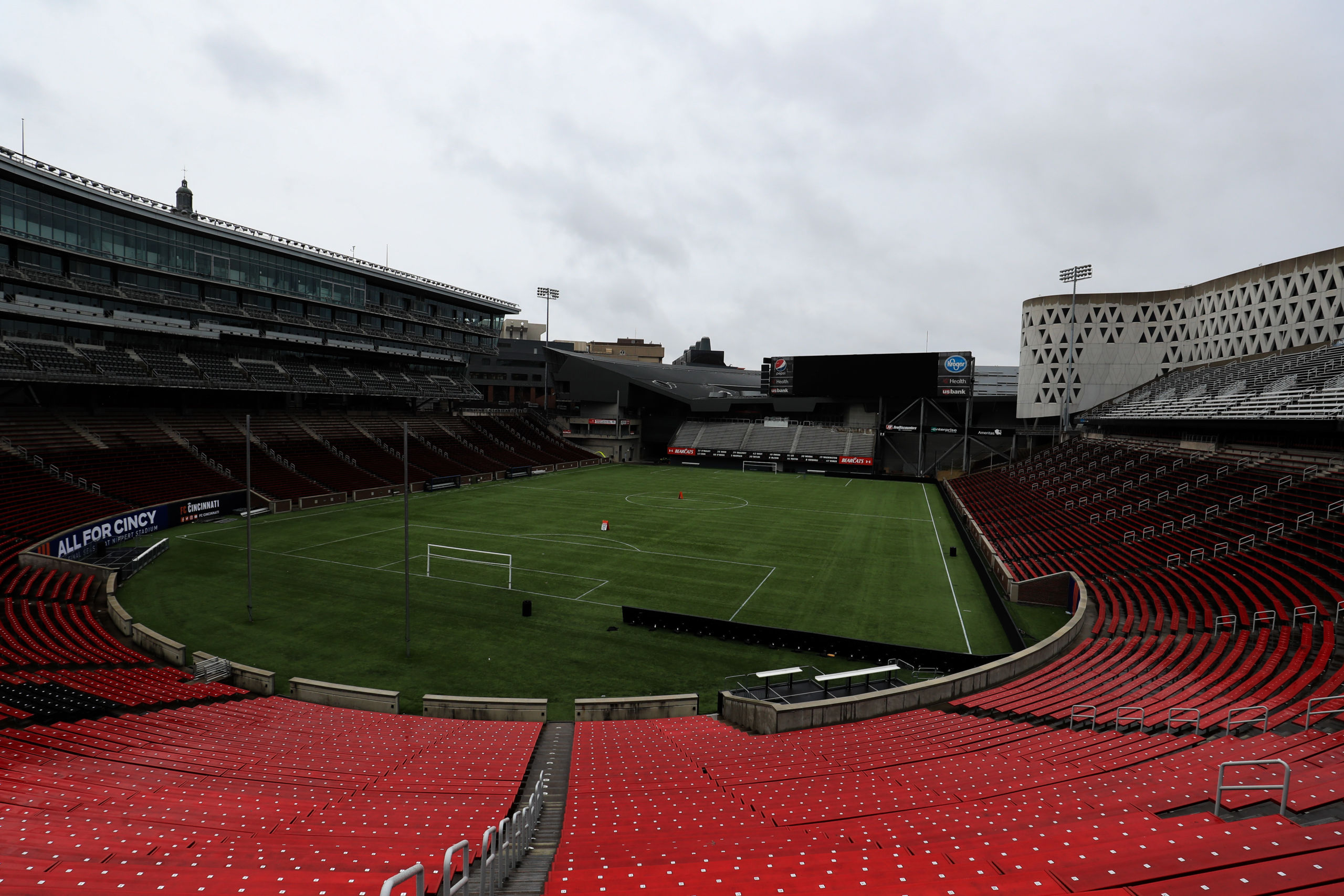
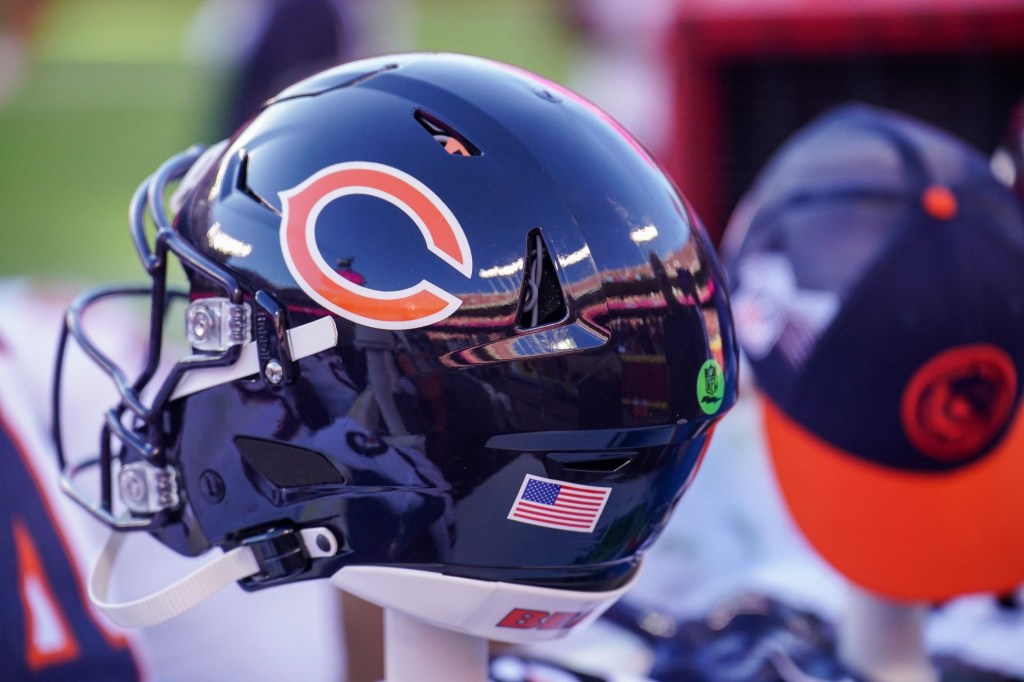
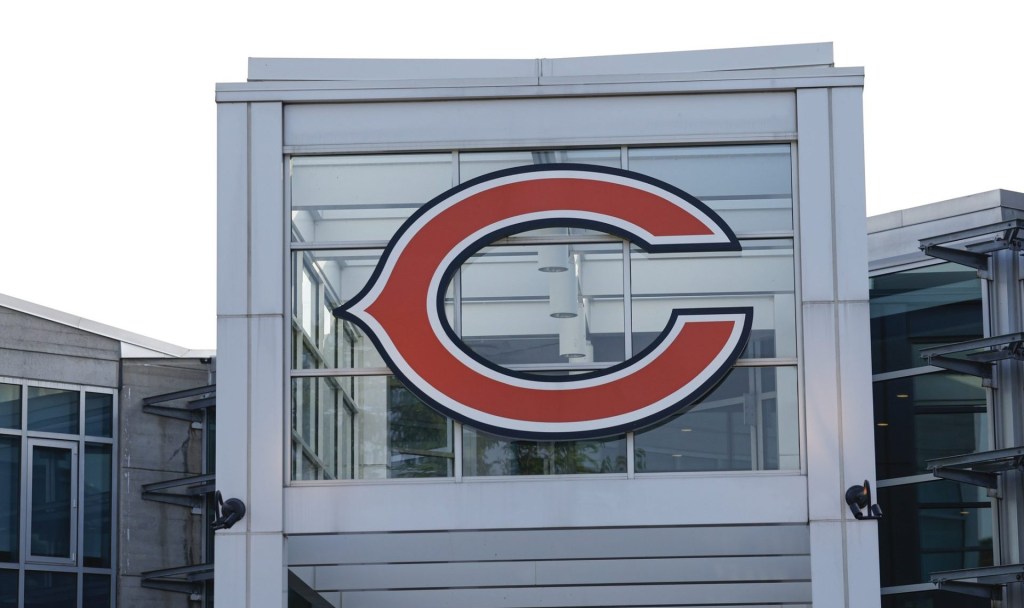
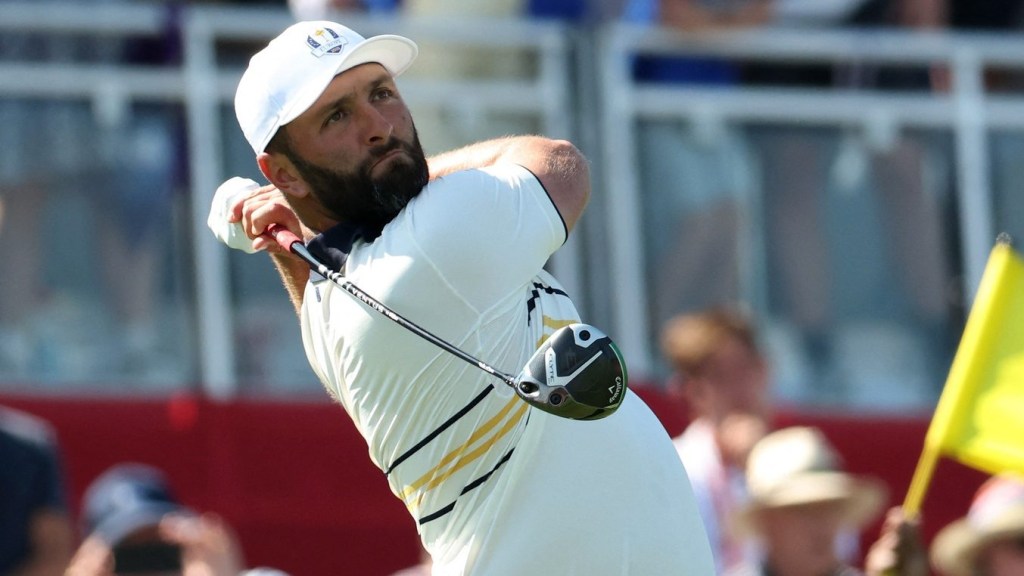
![[Subscription Customers Only] Jul 13, 2025; East Rutherford, New Jersey, USA; Chelsea FC midfielder Cole Palmer (10) celebrates winning the final of the 2025 FIFA Club World Cup at MetLife Stadium](https://frontofficesports.com/wp-content/uploads/2026/02/USATSI_26636703-scaled-e1770932227605.jpg?quality=100&w=1024)





